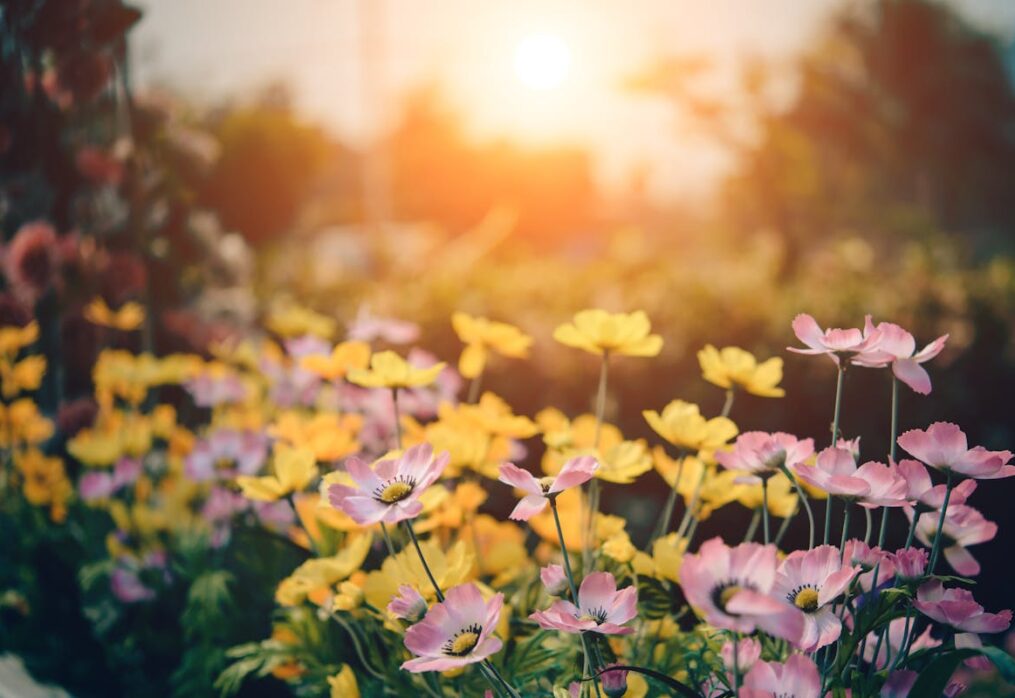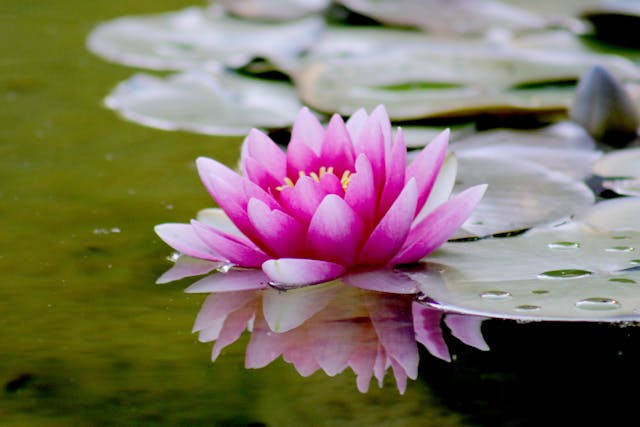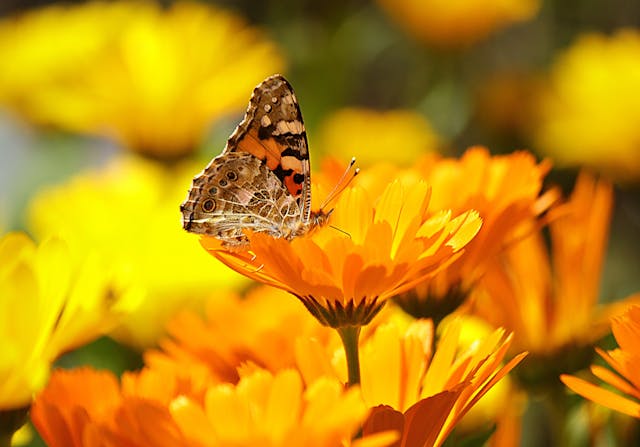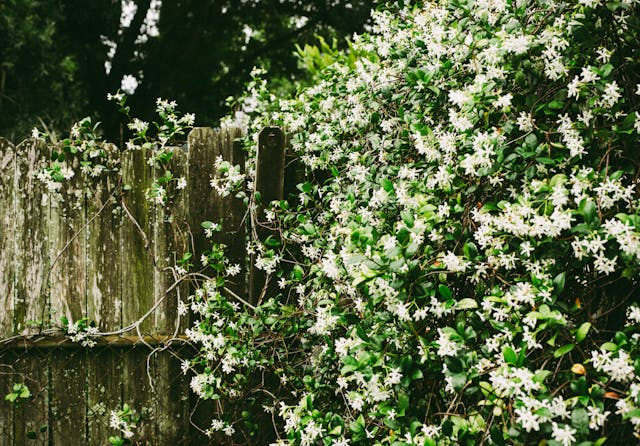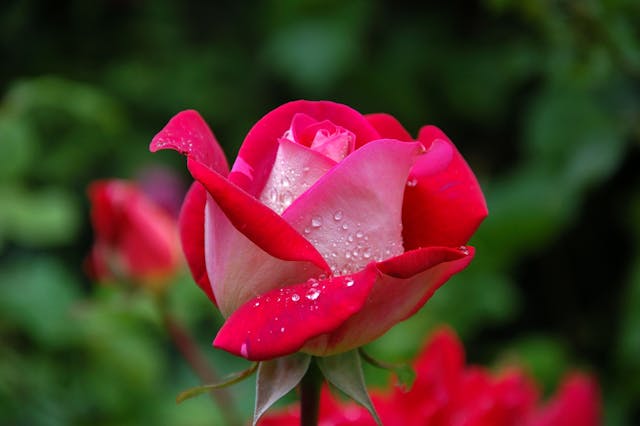10 Sacred Flowers and Their Spiritual Significance
Flowers have held deep spiritual and symbolic significance across cultures and traditions for centuries. The spiritual meaning of flowers often reflects themes of growth, purity, and transformation, making them an integral part of rituals and beliefs. In sacred flowers in mythology, blooms like the lotus and rose are revered for their divine associations, symbolizing enlightenment and love.
Flowers with religious symbolism are found in practices across the world, from the spiritual symbolism of flowers in Buddhism, where the lotus represents purity of mind and spirit, to sacred flowers in Hinduism, where marigolds and jasmine are offered in prayers. Across time, flowers and their spiritual meanings have been depicted in sacred texts, ancient traditions, and meditative practices, serving as tools for spiritual growth, healing, and blessings.
Whether used in spiritual rituals and ceremonies or as symbols in dreams, flowers with healing spiritual properties continue to inspire and connect people to higher realms of consciousness.
Flowers have always held a cherished place in spiritual traditions around the world. Their natural beauty, fragrance, and delicate nature make them ideal symbols of purity, divinity, and connection to the spiritual realm. From ancient temples to modern meditation spaces, flowers continue to bridge the gap between humans and the divine.
In this blog, we will explore 10 sacred flowers that hold deep spiritual meanings. From the serene lotus to the vibrant marigold, these flowers are more than just decorations. They are carriers of faith, love, and peace.
1. Lotus (Kamal): Symbol of Purity and Enlightenment
The lotus is perhaps the most iconic spiritual flower, especially in Hinduism, Buddhism, and Egyptian traditions.
Origin and Cultural Significance
- The lotus has its roots in ancient India and East Asia.
- In Buddhism, the lotus represents enlightenment and spiritual awakening.
- In Hinduism, it is often associated with deities like Lakshmi and Brahma, symbolizing purity and divine creation.
Spiritual Symbolism
The beauty of the lotus lies in its growth. It blooms in muddy waters, representing the ability to rise above challenges and remain untouched by negativity. This is why it is often a metaphor for spiritual purity.
Use of Lotus in Rituals and Meditation
- Offerings in temples: Lotus flowers are placed at the feet of deities as an act of devotion.
- Lotus pose (Padmasana): A common yoga position used for meditation to promote inner peace.
- Lotus symbols: Used in mandalas and spiritual art to inspire focus and tranquility.
Use in Puja: Offered during Lakshmi puja and Diwali
✅ Rises above the mud yet remains untouched by it – just like the soul.
Interesting Facts about the Lotus
- The lotus flower can regulate its temperature, similar to warm-blooded animals.
- It is considered a sacred plant in both Hindu and Buddhist scriptures.
2. Marigold: The Flower of Devotion
Marigolds, with their vibrant yellow and orange hues, are beloved in many cultures, particularly in India and Mexico.
Historical and Cultural Roots
- Marigolds have been used in Indian temples for centuries.
- In Mexican culture, marigolds are used during Día de los Muertos to honor the deceased.
Symbolism
The bright colors of marigolds symbolize devotion and the impermanence of life. In Hindu rituals, they represent surrender to the divine.
Use in Spiritual Rituals and Celebrations
- Garlands: Marigold garlands are used to decorate temples and altars.
- Festivals: Widely used during celebrations like Diwali and Ganesh Chaturthi.
- Offerings: Placed at the feet of gods as a symbol of gratitude and reverence.
Use in Puja: Decoration, garlands, festivals like Ganesh Chaturthi
✅ Its pungent scent is said to ward off negative energy.
Medicinal and Practical Uses
- Marigolds are used in traditional medicine for skin healing.
- They are natural insect repellents and are often planted in gardens for protection.
3. Jasmine (Mogra / Chameli) : The Fragrance of Divine Love
Jasmine is cherished not only for its intoxicating fragrance but also for its profound spiritual meaning.
Historical Background and Significance
- Originating in Asia, jasmine has been linked to love and spirituality.
- It is often referred to as the “Queen of the Night” because its scent is most potent after sunset.
Symbolism
- Jasmine represents purity, love, and the spiritual connection between humans and the divine.
Role in Meditation, Offerings, and Ceremonies
- Jasmine flowers are used in Hindu temples as sacred offerings.
- Their fragrance helps calm the mind during meditation.
- In weddings, jasmine symbolizes purity and a fresh beginning.
Use in Puja: Used in morning pujas and Shiva offerings
✅ Known to purify the aura and uplift mood.
Benefits of Jasmine Flowers and Essential Oil
- Jasmine oil is widely used in aromatherapy for relaxation.
- Its calming scent helps reduce stress and improves sleep quality.
4. Rose (Gulab) : The Universal Symbol of Love and Spirituality
Roses hold spiritual significance across many religions and cultures.
Cultural Significance
- In Christianity, roses are associated with the Virgin Mary.
- Sufi mystics view the rose as a symbol of divine love and the human soul.
Symbolism of Roses in Mysticism and Devotion
- Roses signify unconditional love, devotion, and the beauty of creation.
Roses in Rituals, Prayers, and Aromatherapy
- Rose petals are used in baths and offerings during sacred ceremonies.
- Rosewater is a common element in prayer rituals for purification.
Use in Puja: Water rituals, temple garlands
✅ Also used in aura cleansing and anointing rituals.
Examples in Sacred Texts
- In the Quran, roses are described as representations of beauty and paradise.
5. Hibiscus (Gudhal) – The Flower of Power
Spiritual Significance: Strength, energy, passion
Associated with: Goddess Kali and Lord Ganesha
Use in Puja: Common in Kali puja and Tuesday rituals
✅ Bright red petals represent Shakti (divine feminine energy).
6. Marigold (Genda) – Celebration & Protection
Spiritual Significance: Positivity, protection from evil
Associated with: Lord Ganesha and many village deities
Use in Puja: Decoration, garlands, festivals like Ganesh Chaturthi
✅ Its pungent scent is said to ward off negative energy.
7 . Parijat (Night Jasmine) – Connection with Heavens
Spiritual Significance: Rebirth, eternal love
Associated with: Lord Krishna
Use in Puja: Offered during Krishna Janmashtami
✅ Believed to have originated from the heavens (Indralok).
8. Champaka (Champa) – Prosperity and Purity
Spiritual Significance: Prosperity, pure intentions
Associated with: Lord Vishnu, Krishna
Use in Puja: South Indian temple rituals
✅ Fragrance believed to attract positive vibrations.
9. Tulsi Flowers (Manjari) – Sacred Devotion
Spiritual Significance: Bhakti (devotion), humility
Associated with: Lord Vishnu and Krishna
Use in Puja: Must in any Vaishnav ritual
✅ Tulsi leaves and flowers are considered the most sacred offering.
10. Kadamba – Cosmic Connection
Spiritual Significance: Cosmic love and sacred geometry
Associated with: Lord Krishna
Use in Puja: Krishna Janmashtami and Raas leela symbolism
✅ Mentioned in Vedas and ancient texts as sacred.
Conclusion
Flowers have been an inseparable part of spiritual practices for centuries. Their beauty, fragrance, and symbolism make them powerful tools for connecting with the divine. Whether it’s the purity of the lotus or the calming energy of lavender, these sacred flowers remind us of the spiritual essence within all living beings.
People Also Ask About Spiritual Flowers
What is the most powerful spiritual flower?
The lotus is considered the most powerful spiritual flower because it represents purity, spiritual awakening, and detachment from negativity. In Indian traditions, the lotus is associated with gods like Lakshmi and Brahma and symbolizes inner strength and enlightenment.
What is the spiritual significance of flowers?
Flowers hold deep spiritual significance as they symbolize purity, devotion, positivity, and the impermanence of life. In Indian culture, flowers are offered during prayers to attract positive energy, peace, and divine blessings into the home.
What does 10 flowers mean?
Offering 10 flowers symbolically represents completeness, gratitude, and devotion. In spiritual rituals, the number 10 is often associated with balance, fulfillment, and respect towards divine energies.
10 फूलों का क्या मतलब है?
10 फूल चढ़ाने का अर्थ पूर्णता, श्रद्धा और कृतज्ञता को दर्शाता है। धार्मिक और आध्यात्मिक पूजा में 10 फूल अर्पित करना सकारात्मक ऊर्जा और शुभ फल की प्राप्ति का संकेत माना जाता है।
शिव का पसंदीदा फूल कौन सा है?
भगवान शिव को सबसे अधिक धतूरा और आक (मदार) के फूल प्रिय हैं। इसके अलावा, नीले और सफेद फूल शिव पूजा में विशेष रूप से शुभ माने जाते हैं और आध्यात्मिक शांति का प्रतीक होते हैं।
FAQs
1. What flower is known as the symbol of purity?
The lotus flower is widely known as the symbol of purity and spiritual awakening.
2. Why are marigolds used in Indian rituals?
Marigolds are believed to represent devotion and are commonly used as offerings in Hindu temples.
3. What is the spiritual meaning of jasmine?
Jasmine symbolizes purity, love, and a connection to the divine, often used in sacred ceremonies.
4. Which flowers are associated with meditation?
Lotus, lavender, and jasmine are commonly associated with meditation for their calming properties.
5. How can lavender flowers help in healing?
Lavender promotes relaxation, reduces stress, and is often used in aromatherapy for spiritual and physical healing.
Last Updated on 4 weeks ago by Anjali Mehra Ph.D. in Horticulture (Punjab Agricultural University)
- Best Lawn Grass for Cold Climate in Kashmir - March 1, 2026
- Lawn Grass Lifespan in India – Which Grass Lasts Longest? - February 23, 2026
- Can Lawn Grass Grow Without Direct Sunlight? (2026 Expert Guide) - February 12, 2026
